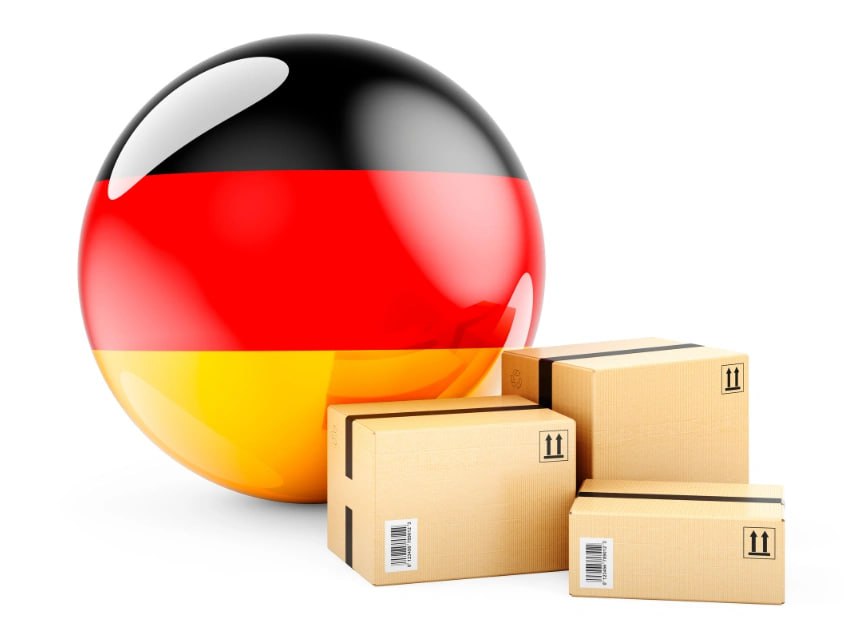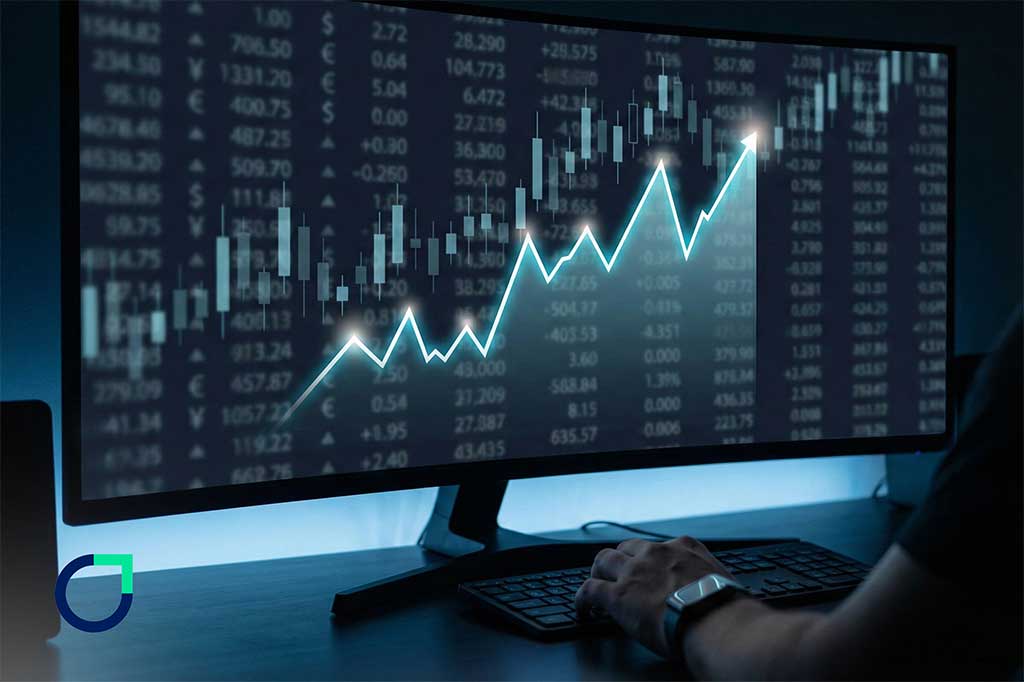
Germany GDP Growth Rate
Germany’s economy exhibited a modest growth of 0.2% quarter-on-quarter in Q3 2024, bouncing back from a revised decline of 0.3% in Q2. This performance exceeded forecasts, which anticipated a contraction of 0.1%, suggesting that there are some positive trends emerging despite the overall economic difficulties. The increase in final consumption from both government and households during this period indicates that domestic demand may be stabilizing, contributing to the recovery. However, it’s important to note that year-on-year, the GDP still shrank by 0.2%, marking the sixth consecutive quarter without any growth. This sustained decline highlights the ongoing economic challenges that Germany faces.
A Two-Year Economic Contraction on the Horizon
The German government is forecasting a 0.2% contraction in GDP for the entirety of 2024, signaling the country’s first two-year recession since the early 2000s. This follows a 0.3% decline in 2023, raising concerns about the longer-term health of the German economy. The factors contributing to this downturn are multifaceted, including persistently high energy costs that continue to pressure both consumers and businesses. Additionally, weak external demand, particularly in key export markets, and decreased competitiveness in the auto sector, which is a crucial part of the German economy, are exacerbating the situation. These challenges present significant obstacles to achieving robust economic performance in the near term.
Outlook for Recovery in 2025
Despite the current economic challenges, there is cautious optimism regarding a potential recovery in 2025, with a projected GDP growth of 1.1%. This anticipated growth is expected to be driven by increased private consumption, which suggests that households may begin to spend more as confidence returns. Additionally, there are expectations of improved industrial export demand, as global economic conditions stabilize and external markets begin to show signs of recovery. Furthermore, enhanced investment activity could play a pivotal role in bolstering economic growth, with businesses potentially increasing capital expenditures to adapt to changing market dynamics.
Navigating Challenges Ahead
While the growth projection for 2025 offers hope, Germany’s economic recovery will depend heavily on overcoming the existing hurdles. Addressing high energy costs will be crucial for both consumers and businesses, as lower energy prices could significantly enhance competitiveness and consumer confidence. Moreover, strategic initiatives to revitalize the auto sector, a cornerstone of the German economy, will be essential to restoring its position in the global market. Policymakers may need to consider implementing supportive measures to stimulate domestic demand and enhance export capabilities. Overall, while the path to recovery appears possible, it will require concerted efforts to navigate the ongoing challenges and ensure sustainable economic growth in the coming years.
Share
Hot topics

Trading with price action
When they start, most traders will believe that they must discover the ideal indicator for success. At otet markets, we see this every day.They test a variety of indicators, including...
Read more




Submit comment
Your email address will not be published. Required fields are marked *